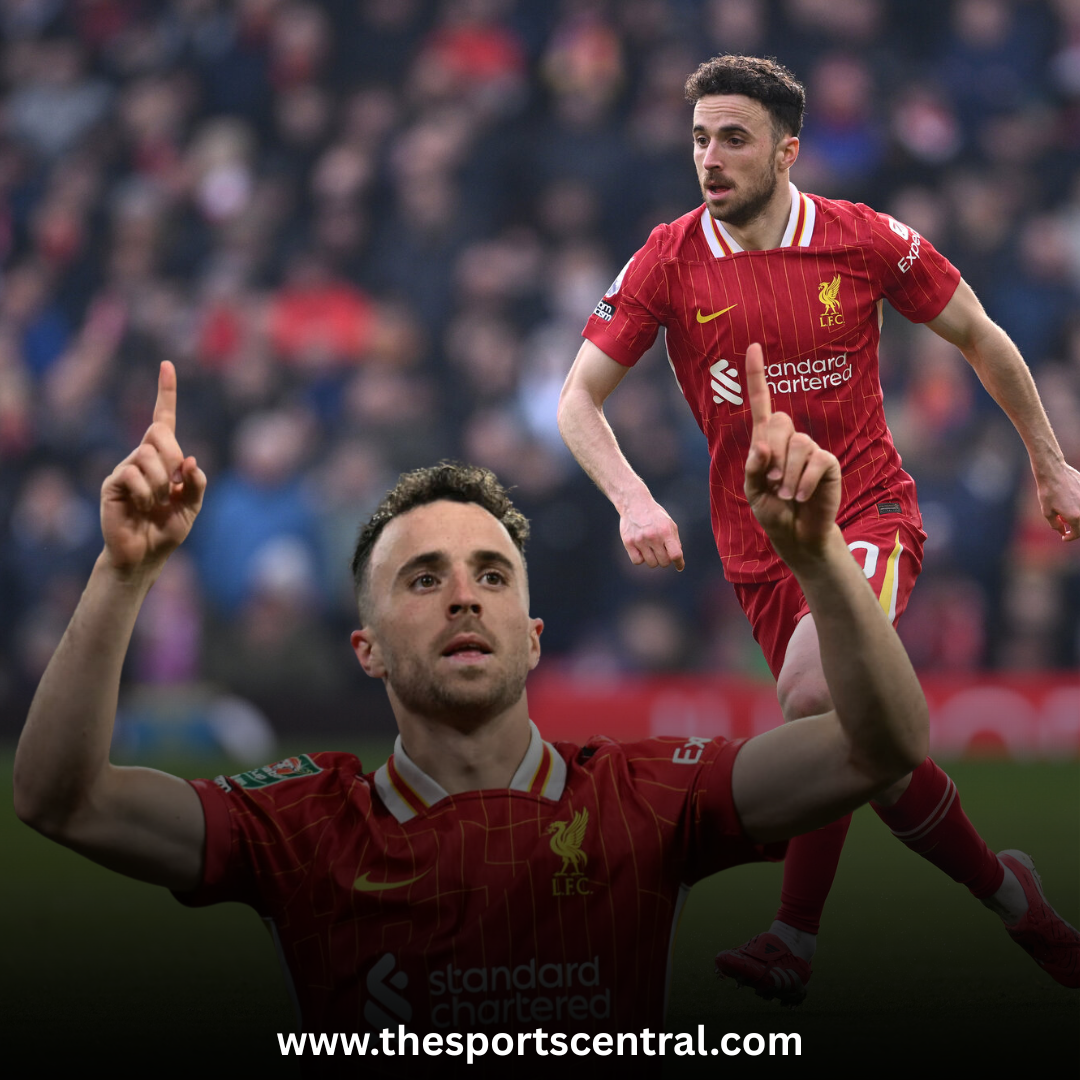The Indian Olympic Association (IOA) is currently embroiled in a significant crisis, with the sports ministry taking a stern stance against recent decisions by its president, PT Usha. The controversy revolves around the recognition of the Indian Golf Union (IGU) elections, along with other contentious issues related to state Olympic bodies, national sports federations, and ad-hoc committee formations. The sports ministry has raised serious concerns about Usha’s actions, citing violations of the IOA constitution and the National Sports Code.
The Indian Golf Union Controversy
At the center of the controversy is the recognition of IGU elections conducted under two different factions. On December 15, two separate elections took place, each overseen by a different returning officer. The elections resulted in:
- Brijinder Singh’s Faction: Supported by the incumbent leadership, Singh won a second term as president. This election was acknowledged by the sports ministry, based on the report of its observer and the International Golf Federation’s recognition on its website.
- Harish Kumar Shetty’s Faction: IOA president PT Usha recognized this faction following a review of the two Annual General Meetings (AGMs) and elections. However, this recognition has come under scrutiny for allegedly bypassing the IOA executive committee and affiliation committee.
The sports ministry has questioned whether Usha’s decision to recognize Shetty’s faction had the approval of the IOA executive committee or its affiliation committee. In a two-page letter addressed to the IOA, the ministry expressed concerns over the lack of due diligence and adherence to established legal provisions, including the Sports Code and IGU’s constitution.
The letter stated:
“Such actions by IOA create avoidable duplication and confusion and may not withstand legal scrutiny.”
Internal Strife Within the IOA
The IGU issue has brought to light deeper conflicts within the IOA. Tensions between Usha and the executive council have been simmering for months, with allegations of unilateral decision-making and constitutional violations. Some key flashpoints include:
- National Games in Uttarakhand: Usha’s decisions regarding the conduct of the National Games reportedly bypassed consultation with the executive board.
- State Olympic Bodies: Disputes over the affiliation of state Olympic associations in Bihar and Rajasthan have added to the controversy.
- Appointment of Ad-Hoc Committees: Usha has been accused of arbitrarily forming ad-hoc panels for sports like curling without executive council approval.
In September 2024, an emergency executive committee meeting to discuss the appointment of CEO Raghuram Iyer turned into a stormy affair. Since then, Usha has faced accusations of making decisions independently, disregarding the IOA’s democratic processes.
The Sports Ministry’s Response
The sports ministry has unequivocally backed the Brijinder Singh-led IGU, citing compliance with the Sports Code and international recognition. It criticized Usha’s actions, stating:
“The body recognized by the international federation and also by the government is the real body for golf in India.”
The ministry also raised questions about Usha’s unilateral decisions on other matters, emphasizing the need for adherence to IOA’s constitutional provisions.
Voices of Dissent Within the IOA
Several IOA executive council members have written to the sports ministry and Usha, expressing dissatisfaction with her leadership. Key criticisms include:
- Lack of Consultation: Members alleged that crucial matters, including the IGU affiliation, were never brought before the executive council for consideration.
- Unconstitutional Actions: Usha’s decisions on state Olympic associations and ad-hoc committees were deemed “invalid and not enforceable” by IOA treasurer Sahdev Yadav.
- Failure to Convene Meetings: The president has been accused of not convening regular executive council meetings, further eroding trust among members.
In a strongly worded letter, Yadav stated:
“You have no power and authority to take such decisions which are invalid in law and IOA… The Rajasthan Olympic Association approval is invalid until approved by the executive council and ratified by the general assembly.”
Fallout Over State Olympic Bodies
In addition to the IGU controversy, Usha’s handling of state Olympic bodies has come under fire:
- Bihar Olympic Association (BOA): Usha dissolved the BOA and formed an ad-hoc committee to manage its affairs.
- Rajasthan Olympic Association: Usha granted affiliation to a specific group following contentious elections.
Critics argue that these actions lack constitutional validity, as they were not approved by the IOA executive committee or general assembly. Yadav and other executive council members have called for these decisions to be reversed.
The Role of the International Golf Federation
The International Golf Federation’s recognition of the Brijinder Singh-led IGU has further complicated matters. The sports ministry has relied on this acknowledgment to validate Singh’s election, undermining Usha’s recognition of the Shetty faction. This divergence has led to a standoff between the ministry and the IOA, with legal challenges likely to ensue.
Broader Implications for Indian Sports
The ongoing crisis at the IOA highlights deeper structural and governance issues within Indian sports administration. Key concerns include:
- Lack of Transparency: The absence of clear communication and consultation within the IOA has created mistrust and confusion.
- Adherence to the Sports Code: The ministry’s insistence on compliance with the National Sports Code underscores the need for standardized governance practices.
- Impact on Athletes: Governance disputes distract from the IOA’s primary mission of supporting athletes and promoting sports in India.
Looking Ahead: Resolving the Crisis
The resolution of this crisis will require a multi-pronged approach:
- Strengthening Governance: The IOA must prioritize transparency and accountability by strictly adhering to its constitution and the Sports Code.
- Mediation: A neutral mediator, possibly appointed by the sports ministry, could help resolve disputes between Usha and the executive council.
- Focus on Athletes: The IOA must refocus its efforts on supporting athletes and preparing for upcoming international competitions.
Conclusion
The IOA’s internal crisis, exacerbated by the IGU controversy, has exposed critical flaws in the governance of Indian sports. As the apex body for Olympic sports in the country, the IOA bears the responsibility of setting high standards of integrity and transparency. The sports ministry’s intervention underscores the importance of adhering to established norms and ensuring that decisions withstand legal scrutiny. Only through collaborative and democratic decision-making can the IOA restore its credibility and focus on its mission of promoting sports in India.










